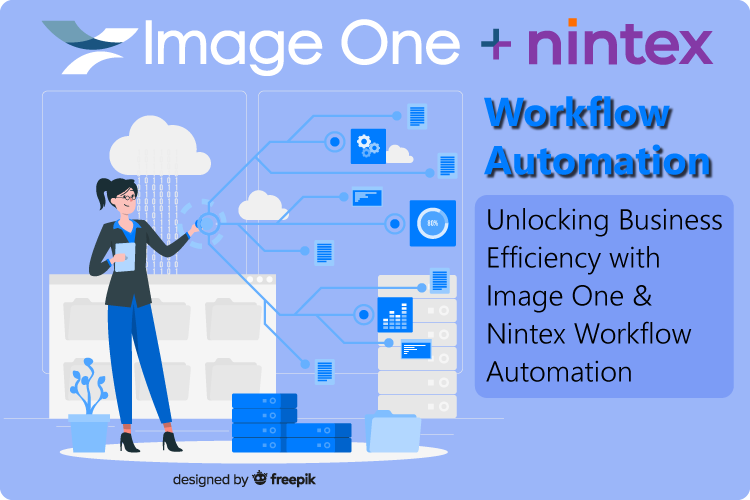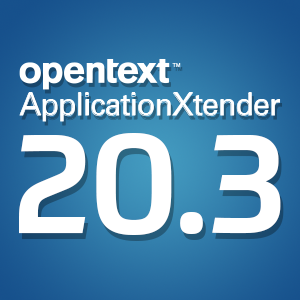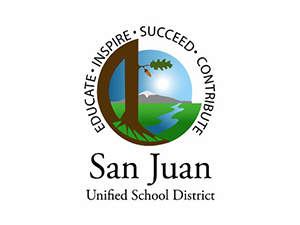Canadian communities embracing archiving solutions
Tuesday, January 29, 2013Many company leaders have been embracing digitization lately – managers want to keep their documents safe from natural disaster, loss, tampering or other forms of damage or destruction. Using conversion services for this end is becoming widely adopted and administrators are recognizing the numerous benefits. The technology allows users to take images of the files, which are then transferred to an online database, providing a backup that ensures that no information is lost to transcription mistakes, and leaving the primary source as is. The originals can be destroyed, kept for reference purposes or preserved.
Many leaders of various institutions in Canada have been looking into using this technology to preserve everything from business files to historic documents. Though this form of document management is available worldwide, Canadian entities have recently embraced it on a large scale.
Museums are the big advocates
Canadian museums are using conversion services with the most frequency, as the proliferation of stories in the media suggests. For example, British Columbia’s Lumby Museum decided to use the technology to keep original photographs and interview documents from the early settlers of the area safe.
The organization secured a $10,000 grant from the EMC Heritage Trust Project to transfer the files to an internet database not long ago.
Another British Columbian historical society, the Chilliwack Museum and Archives, has been working to complete the Chilliwack Progress Digitization Project, the Progress reported. Newspaper volumes dating back 100 years will soon be available online with the help of museum workers.
That is not the only Canadian newspaper to be digitized recently. According to Pique News Magazine, underground news outlet the Whistler Answer, which was published from 1977 to 1982 and again between 1992 and 1993, was recently exhibited online by the Whistler Museum and Archives.
Brought to you by Image One Corporation, providing complete information governance since 1994.




